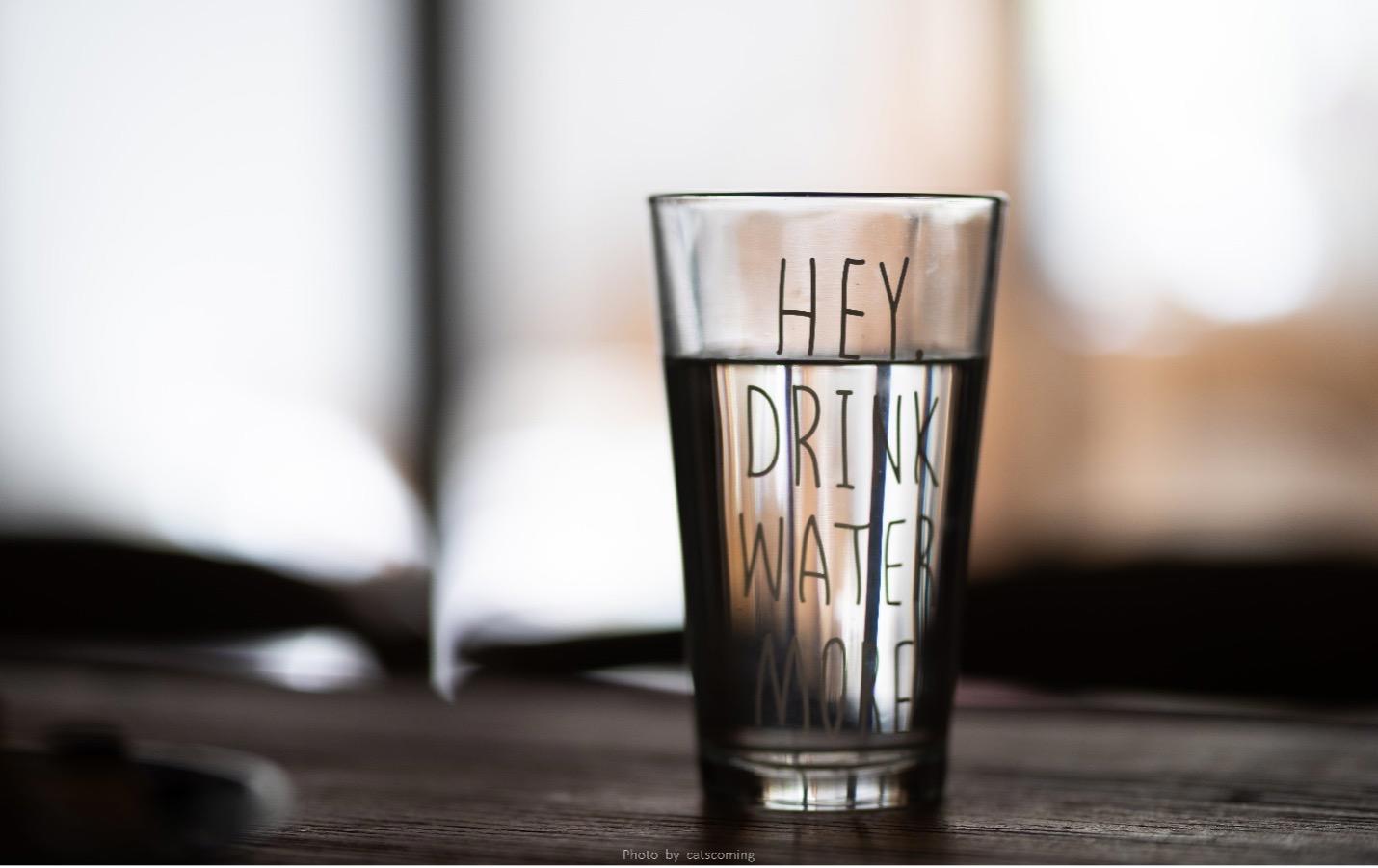Introduction
Hi, quick question, "how much water did you drink today?" One glass, two glasses, or maybe you haven't even taken a sip of water. Like other people, you might think, "Oh, I'm not feeling thirsty or dehydrated; why do I need to drink water then?" Did you know that feeling thirsty means that your body is dehydrated already? Yes, that's right! And according to a lay press, 75% of Americans are dehydrated all the time (1).
Dehydration can sometimes get so serious that it can lead to hospital admission. Therefore, it's really important to learn the signs of dehydration and drink adequate water daily.
Today's article will help you find the answer to the question, "Are you drinking enough water?" We will guide you on the danger signs of dehydration and adequate water intake. So let's get started!
What is Dehydration?
Around 70% of your body is made of water. Dehydration happens when your body loses more fluids than it takes in. It can occur due to insufficient water, excessive sweating, or diseases that cause fluid loss.
So, staying hydrated is key to keeping your body functioning properly.
5 Signs that You Are Not Drinking Enough Water?
Let's see your hydration status today. Here are 5 common signs of dehydration you need to start working on!
Dry Skin:
Does your skin feel persistently dry, even with daily lotion use? That's one of the earliest signs you're not drinking enough water. If your skin loses its natural glow due to dehydration, a good starting point is to up your daily water intake.
Dry Mouth:
Ever had that dry, sticky feeling in your mouth, accompanied by an unquenchable thirst? It's a telltale sign of dehydration.
Beyond the discomfort, a parched mouth can lead to some serious bad breath. It can also be indicative of a more serious issue.
Persistent Headaches:
If you tell a medical person you're having persistent headaches, the very first thing they're gonna say is, "Drink Water." It's that simple.
According to the National Headache Foundation (NHF), headaches can signal mild to moderate dehydration, including migraines (2).
If you're having a headache, drink water more often and avoid sugary and salty drinks.
Gaining Weight: Scientific studies have proven that inadequate hydration can lead to weight gain (3)
Another research suggests that even just sipping on 500ml (around 17 ounces) of water can give your metabolism a 30% boost (4).
Constipation:
Constipation … Ugh, that annoying condition we all had gone through at least once. You know, one of the major causes of constipation is dehydration (5).
Make it a daily habit to drink plenty of water, and after a little while, you should notice things moving more smoothly in the bathroom.
How Much Water Should I Drink Per Day?
You might have heard about the "Eight Glass Water" formula. But it's not a golden rule; everyone's hydration needs vary.
The European Union of Food Safety Authority (EFSA) and The Institute of Medicine (IOM) in the US have provided recommended daily water intake levels for different age groups and genders. For instance, infants are advised to have 0.70L/day, while adults might aim for 2.50-3.30L/day (6).
Last Sip!
Water is as important as eating a nutritious meal every day. Alternatively, experts generally propose a fluid intake of around one-third of your body weight in pounds, expressed in ounces. So, someone weighing 120 pounds might aim for approximately 40 ounces of water each day.
If you find it hard to hydrate more frequently, you can set reminders on your mobile phone. You can also set your mobile phone wallpaper with the quote, "Are You Drinking Enough Water." It will help you with your hydration routine.
References
1. Doctor-formulated with 3x the electrolytes to work 2x faster than water alone. DripDrop. (n.d.). https://www.dripdrop.com/#_edn1
2. Headaches and dehydration. National Headache Foundation. (n.d.). https://headaches.org/headaches-and-dehydration/
3. Chang, T., Ravi, N., Plegue, M. A., Sonneville, K. R., & Davis, M. M. (2016). Inadequate Hydration, BMI, and Obesity Among US Adults: NHANES 2009-2012. Annals of Family Medicine, 14(4), 320–324. https://doi.org/10.1370/afm.1951
4. Boschmann, M., Steiniger, J., Hille, U., Tank, J., Adams, F., Sharma, A. M., Klaus, S., Luft, F. C., & Jordan, J. (2003). Water-induced thermogenesis. The Journal of clinical endocrinology and metabolism, 88(12), 6015–6019. https://doi.org/10.1210/jc.2003-030780
5. Jani, B., & Marsicano, E. (2018). Constipation: Evaluation and Management. Missouri Medicine, 115(3), 236–240.
6. Gandy J. (2015). Water intake: validity of population assessment and recommendations. European Journal of nutrition, 54 Suppl 2(Suppl 2), 11–16. https://doi.org/10.1007/s00394-015-0944-8

